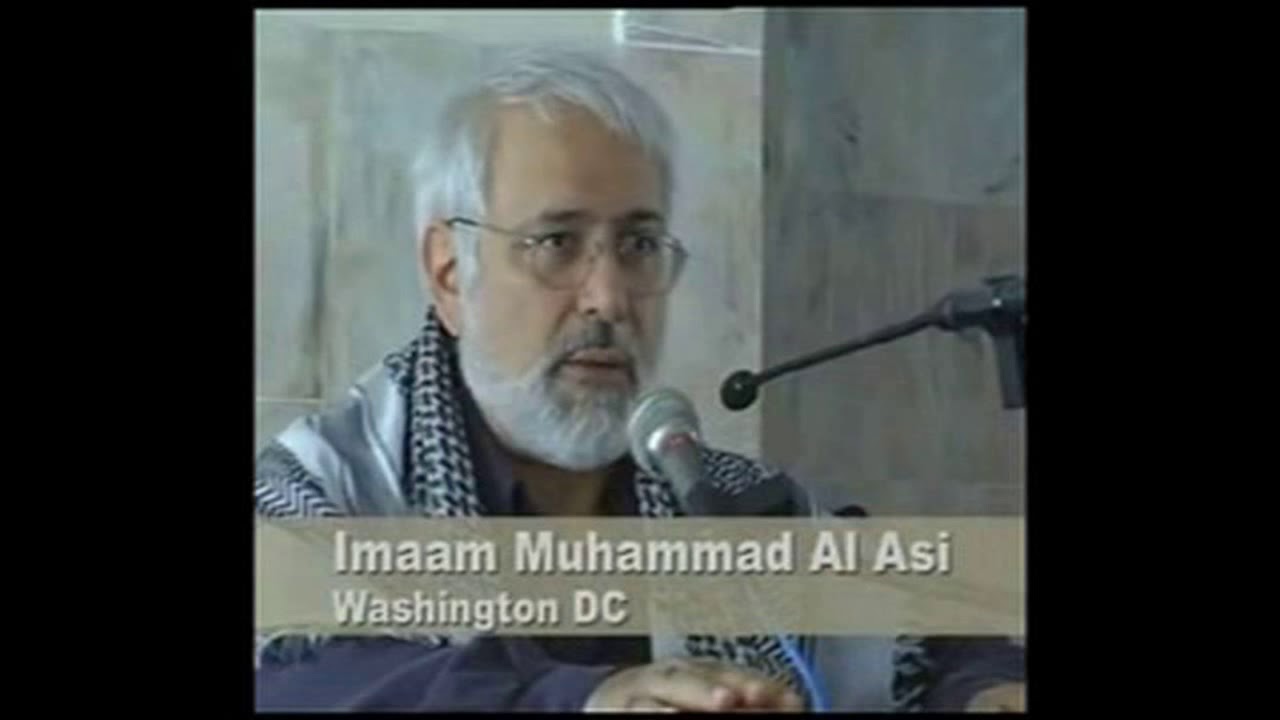



Taqwa is an important concept in Islam. It has much deeper meanings than mere ‘piety’. The just-concluded month of Ramadan was meant to build our taqwa. With Ramadan’s end, our quest for taqwa, however, does not end. There are other routes to achieving taqwa.
There are people who are obsessed (and) they feel fear all the time and this is not in the spirit of our character. If we are Qur’anic Muslims (or) if we are divine Muslims (or) if we are prophetic Muslims, we know that anytime this issue of fear comes along, it is a passing issue.
This freedom that is guaranteed to us by Allah (jalla wa’ala) has made some of us very committed to Allah, and has made some of us wiggle away from that commitment and has rendered others of us totally irrelevant. All of this is the function of and the result of our God-guaranteed freedom.
There is a symbiotic relationship between Ramadan, taqwa and the noble Qur’an. Muslims need to engage the noble Qur’an more fully in the month of Ramadan to understand this better.
The Najdi Bedouins’ Zionist allies seem to be setting them for a fall and grab the hundreds of billions of dollars they have stashed in US banks.
Ramadan must mean more than going hungry or thirsty for 15-17 hours a day. Muslims must strive to build taqwa, the real purpose of Ramadan. Understanding the true meaning of taqwa is the first step.
Almost all people claim to follow some principles but when it comes to their personal interests, principles are often quickly abandoned.
Ramadan must mean more than merely abstaining from food and drinks for a specified number of hours even if this would be arduous in the summer months. Ramadan is the month of the Qur’an and Muslims must engage the noble Book for true guidance.
Ramadan should mean more than simply going hungry. There must be the wholehearted obedience to Allah’s (swt) commands in order to achieve the true purpose for which we fast: upholding truth and justice even though the challenges may be huge.
Most Muslims know that shirk—associating partners with Allah—is the greatest sin one can commit. There are numerous ayaat in the Qur’an (2:165, 4:48, 6:22, 6:137, 6:151, 31:13 and many others) that attest to this. What is less well understood is that there are different forms of shirk.


